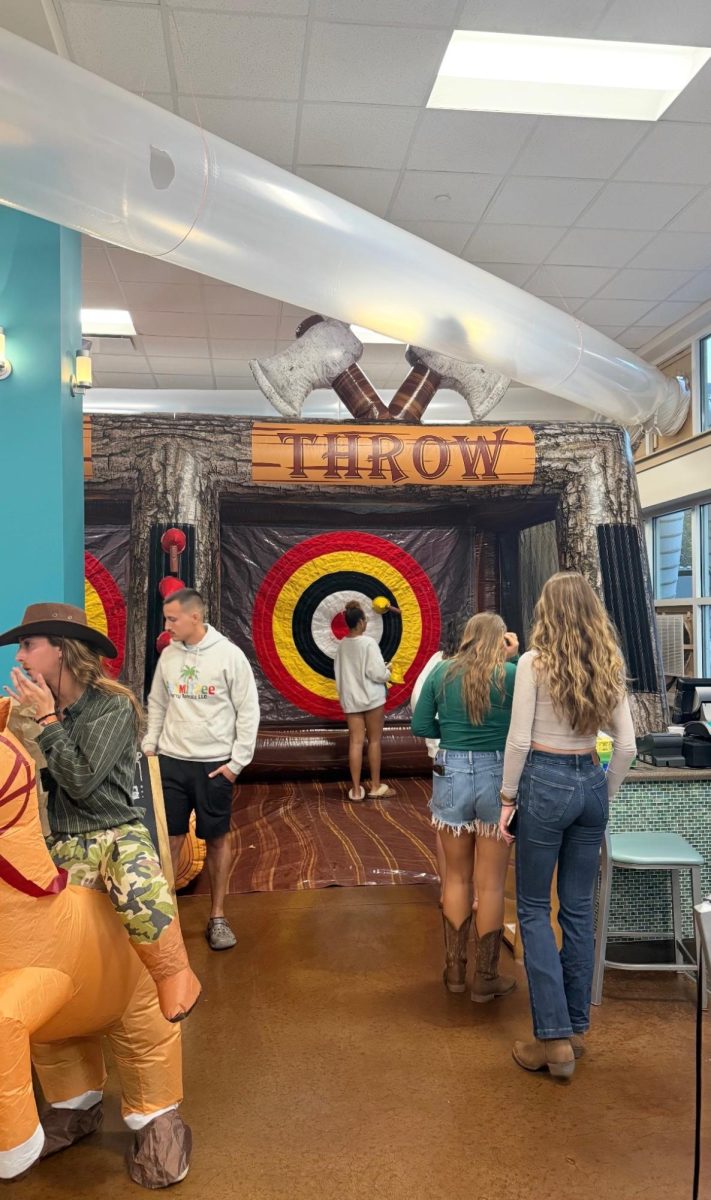Assistant Professor of sociology Hannah Liebreich took the initiative to start a petition as a call to action to provide students with stipends for their work as resident advisers.
Liebreich has begun preliminary work for the petition. In order to better understand the sentiments of these employees, she has received input from both former and current resident advisers at Coastal Carolina University.
“Right now, the reason why I started by just talking to students who have or are currently RAs is because I, kind of, don’t want to just like make assumptions about what students might want or need without talking to them and hearing their stories and their experiences,” she said.
Resident advisers serve as live-in peer mentors who carry out a multitude of responsibilities such as enforcing university policies, managing residents and mediating conflict. Their responsibilities further extend into creating programs for their residents, on-call walkthroughs and room inspections.
“They’re not just living in the dorm and being a supervisor, they’re doing all these extra things that really require a lot of time and energy on their part,” Liebreich said.
In addition to their role as a resident adviser, she said their involvement in clubs, internships and on-campus jobs are significant commitments. To accommodate extracurriculars, the University allocates 15 hours per week to each resident adviser. However, this restriction may cause economic issues for students given limited time.
“The students who are RAs need to work additional jobs on top of being an RA so that they have money. Maybe they’re having to pay for their tuition and they’re not on full scholarship, maybe the meal plan they get is one of the smaller ones, maybe they’re supplementing their food income,“ Liebreich said. “They’re getting jobs on top of being an RA to supplement on top of the meal plan. There’s all sorts of reasons why students would need to work and have income on top of being an RA.”
Students may also feel restricted in participating in campus initiatives and work, including Mackenzie Horabik, junior public health major who recalls her time as an RA.
“If we had 15 hours at a second job, we couldn’t join any other club, we couldn’t do anything else,” Horabik said.
CCU compensates the employees by providing free housing and meal plans in addition to a $150 refunded housing application fee.
“I think working with the school newspaper, trying to get an informational section or even doing a tabling on Prince Lawn, has been effective for a lot of other clubs I’ve been in,” Horabik said regarding the benefits and disadvantages of the job.
The petition is currently in a preliminary phase, but Liebreich said she is optimistic her work will encourage other students to share their experiences to improve the experiences of other RAs in the future.

















